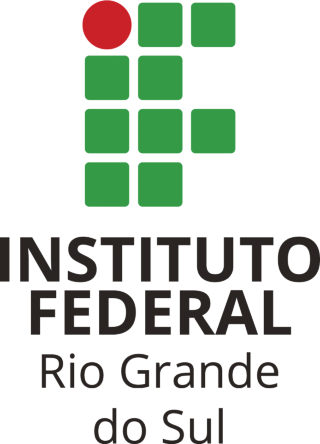Desinformação na Terceira Idade: como o público idoso se relaciona com as fake news nas redes sociais
| Title: | Desinformação na Terceira Idade: como o público idoso se relaciona com as fake news nas redes sociais |
| Author: | Luce, Bruno Fortes |
| Abstract: |
Esta pesquisa tem como problema de investigação: como idosos, enquanto imigrantes digitais podem adquirir as competências informacionais necessárias para lidar com o fenômeno das fake news? No escopo da pesquisa, adota-se como o objetivo geral: desenvolver através da educação soluções para conter o problema da recepção, aceitação e propagação de fake news pelo público idoso. O método da pesquisa é o estudo de caso de caráter qualitativo e os instrumentos de coleta de dados foram a observação participante do pesquisador e aplicação da entrevista com perguntas semi-estruturadas aos sujeitos após a realização do Curso de extensão. O desenvolvimento do Curso de Extensão: alfabetização midiática e informacional para idosos, com duração de 20h, foi realizado durante o período de um mês nas dependências do Instituto Federal do Rio Grande do Sul (IFRS), e contou com a participação de oito idosas, sujeitos da pesquisa. A estrutura priorizou aulas expositivas e dialogadas, onde foi abordada a origem da internet e das redes sociais, fontes de informação, desinformação, competência informacional, modelos de fake news, fatores de checagem e conteúdos relacionados. Também foram realizadas visitas à Biblioteca e à redação de jornais e rádios, com conversa com os profissionais. Como resultado ao final do Curso, percebeu-se o avanço em relação à identificação das fake news pelas participantes, a busca da informação em fontes confiáveis e a atitude de não compartilhar qualquer material recebido em uma rede social. Finalizando, foi possível notar uma melhora na relação entre o uso das ferramentas digitais pelas alunas e a relevância da busca nas fontes apropriadas. Também se destaca a vontade das participantes continuarem a se qualificar, através de outros Cursos, em outro momento. Acredita-se que foi uma experiência produtiva e que o modelo pode ser replicado para outros públicos e ou para um público maior em outros espaços e lugares. This survey has as a research problem: how do elderly people, whereas digital immigrants may acquire informational skills needed to deal with the phenomenon of the fake news? In the scope of the research, embrace as the main goal, acceptance and propagation of the fake news by the elderly public people. The method of the research is the case study of qualitative survey and the data collection instruments was the observation of the participants of the researcher and the interview conducted with semi-structured questions to the subjects after the accomplishment of an Extension Course. The development of the Extension Course media and information literacy for elderly people, with the length of 20h, it was taken during the period of a month in the premises of the Federal Institute of Rio Grande do Sul (FIRS), and had involved eight elderly, subjects of the survey. The structure prioritized expository and dialogued lectures, where it was addressed to the origin of the internet and social networks, information sources, misinformation, informal competence, fake new types, cross-check factors and relating content. There were also held tours to the library and the newspapers and radios editorials and chatting with professionals. As a result at the end of the course clearly perceived the progress relating to the identification of the fake news by the subjects, the search for the information in reliable sources and the action of not sharing any material received through social media. Concluding, it was possible to notice a better relation between the usage of the digital tools by the subjects and the relevance in the search for appropriated sources. As well it stands out the willing of the participants to keep still qualify through other courses, in another moment. It is believed that the experience was productive and that the type of course can be replicated to other publics and to a bigger public in other premises and places. |
| URI: | https://dspace.ifrs.edu.br/xmlui/handle/123456789/361 |
| Date: | 2020 |
Files in this item
| Files | Size | Format | View |
|---|---|---|---|
| 123456789361.pdf | 3.363Mb |
View/ |



